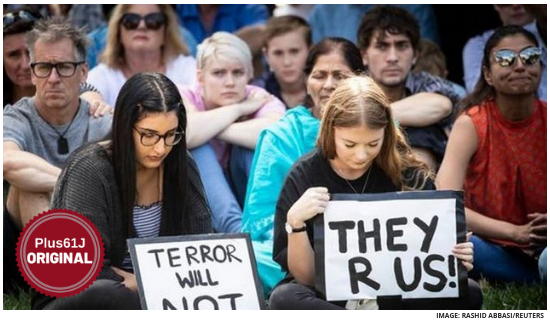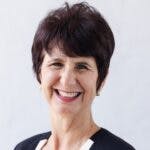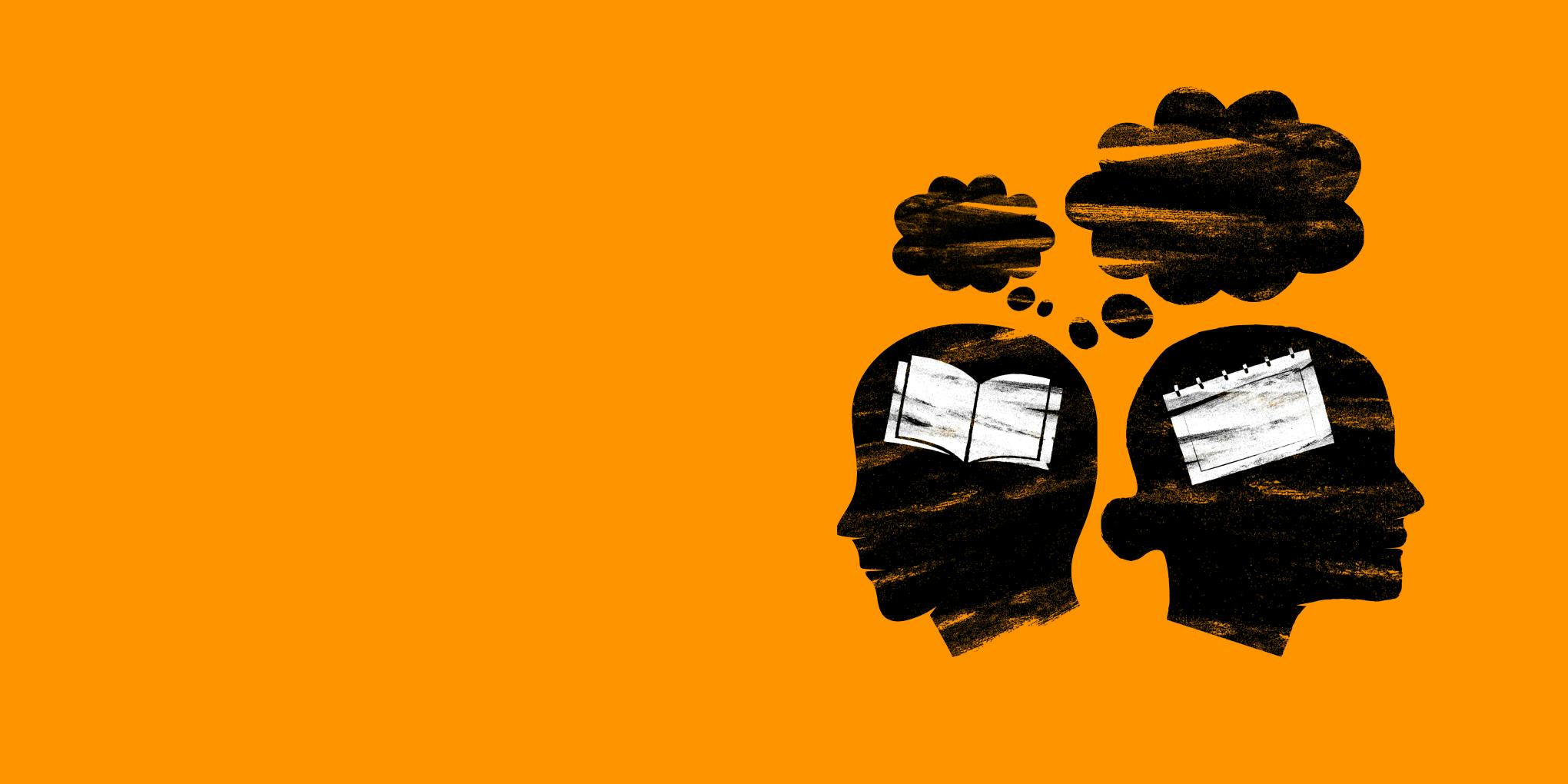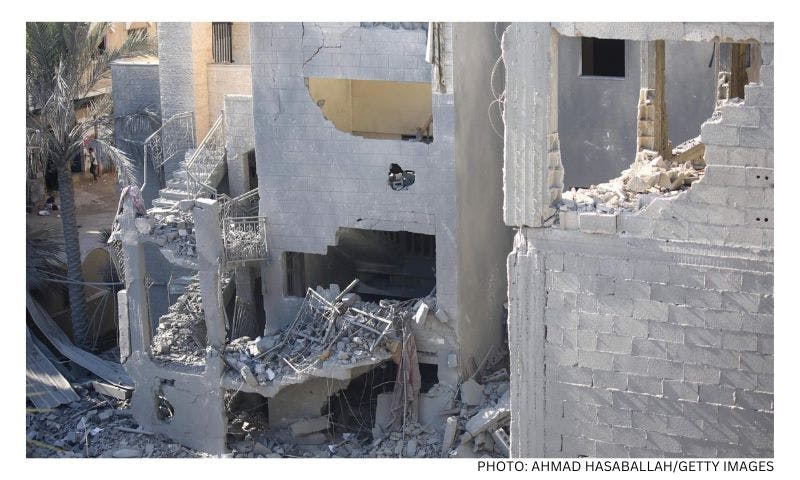Published: 20 March 2019
Last updated: 4 March 2024
It was an unprecedented decision, prompted by advice that the Zealand police were fully mobilised protecting the country’s mosques and could not guarantee security to prevent related or copycat attacks on synagogues.
The rabbi and Board of Management of the Auckland Hebrew Congregation (AHC), the country’s largest synagogue, sent an urgent email to congregants on Friday afternoon regretfully asking them to stay away from services.
My mum, aged 82 and a lifelong member of the AHC, forwarded the mail to me with a note, “This is the first time I have ever heard of Shabbat services being cancelled in Auckland.”
Her message immediately took me back over 40 years, to a time when my father, as president of the AHC, was struggling to pull together a Shabbat minyan with no rabbi and a tiny congregation. Someone suggested that the community should consider not holding Shabbat services every week.
“Over my dead body,” thundered dad.
The community, small but determined, has managed a minyan every Shabbat since but over the literal dead bodies of 50 Muslim New Zealanders – and the serious injuries of another 34 – it was forced to cancel services.
While the decision was pragmatic, not symbolic, it came with a powerful message of solidarity, addressed to congregants, “We stand strong with the Muslim community of Christchurch and send our condolences to the families and community suffering from such a cruel and awful act.
As minority religions seeking to make our way in diaspora communities, Muslims and Jews share a 'community of fate'. We need to live in societies that respect difference and reject hate.
“We encourage you where possible to join with other community members or with your family in your own home to pray to the losses in the Christchurch Muslim community and the recovery of the wounded. Our prayers are with everyone affected by these unprecedented acts of violent [sic] and hatred.”
It is rare for Jewish communities to express such clear and single-minded support of their Muslim cousins – just as it is rare for Muslim communities to rally behind Jews, as happened in the wake of the shooting at a Pittsburgh synagogue last October.
Too often, relations between the two communities are clouded by fear, prejudice and partisanship derived from over-identification with Israel/Palestine. Both communities continue to hold stereotyped views of one another and a combination of geographic, educational and social separation has done little to provide the necessary social integration to overcome this ignorance.
The events in Christchurch, and the parallel with Pittsburgh, are a stark reminder that we are on the same side. Jews and Muslims are both very small minorities in Australia and New Zealand – between 0.4% and 2.6% of the respective populations.
[gallery columns="1" size="large" ids="26924"]
We have ended up on the other side of the world from our historical homes because we (or our parents or grandparents) sought to escape war and persecution and because we sought safer and better lives for our children in countries renowned for peace and freedom. We want to maintain the traditions of our ancestors and/or the practices of our respective faiths while living fully as loyal citizens of our adopted countries.
Rabbi Jonathan Sacks uses the phrase “community of fate” to refer to the ties that bind Jews historically, culturally and socially whether or not they choose to participate in what he calls the “community of faith”.
I believe that, as minority religions with remarkable similarities seeking to make our way in diaspora communities, Muslims and Jews also share a community of fate. We need to live in societies that respect difference and reject hate.
Because we do not wish to assimilate and disappear, we are similarly vulnerable to white supremacist, racist and xenophobic hate-mongering, language which was common to the manifesto posted by Brenton Tarrant, the man arrested during the Christchurch mosque attacks, and to the social media posts of Robert Bowers, who has been charged with the Pittsburgh synagogue shootings.
We need to welcome strangers and remember that we too were strangers. We need to be vigilant to first sign of prejudice, before blood is spilled. We need to be the first to speak out — not only when we are attacked, but also when they are.
When I was Executive Director of the Anti-Defamation Commission, I ran a campaign in support of a Muslim prayer group fighting for their right to use a neighbourhood house for a weekly service. To me it was a no-brainer. Jewish knowledge of history should drive us to support the right to pray where and how one chooses.
But I fielded calls from angry people, several of them Jewish, who clearly believed a Muslim prayer group would be a base for Islamic extremism and terrorism. I was deeply saddened by their willingness to stereotype and hate what was in fact a small group, mostly comprised of taxi drivers who wanted somewhere to pray en route.
The great New Zealand-born, Australian Jewish writer Arnold Zable, one of the most tireless fighters for justice for asylum seekers, has written of those who want to build bridges and those who want to build walls.
Too much of our communal energy has been spent building walls. It is tragic beyond words that it should take a river of blood to see the need for bridges.
READ MORE
Arab civil rights group calls on AG to probe online praise for New Zealand killer (Times of Israel)
Mossawa Centre flags Hebrew-language posts on Facebook and comments sections of news stories expressing admiration for accused gunman
At least six Palestinians said among dead in New Zealand shooting (Times of Israel)
One of the victims is Atta Elayyan, a player for a national sports team; his father Mohammed, who co-founded one of the mosques attacked, was injured
Crocodile tears After Christchurch (Jewish Currents)
NOAH KULWIN: It's important to understand that the Christchurch massacre is not just the work of an isolated killer, but rather symptomatic of a resurgent far right across the globe, a movement whose ascendancy more mainstream conservatives would like us to conveniently ignore
Main photo: Young women gathered for a vigil in Aotea Square, Auckland, held signs hand painted with messages of unity and solidarity (Chris McKeen/Stuff)




